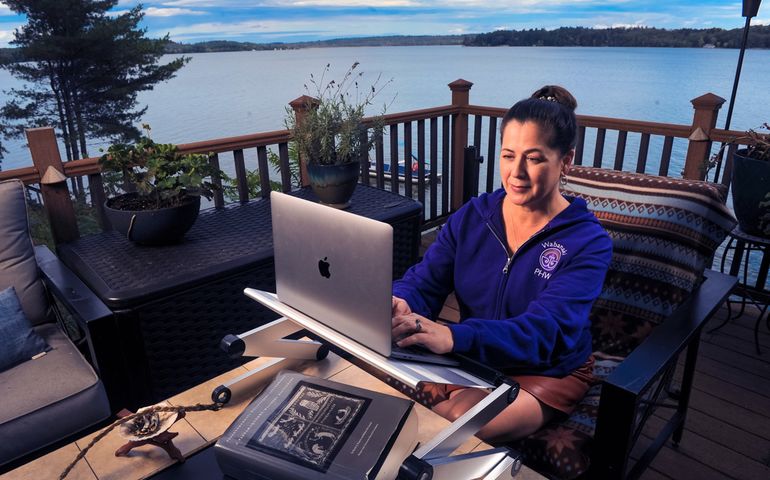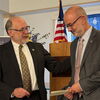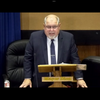Next: Lisa Sockabasin has led Wabanaki Public Health to grow at the speed of a startup
 Photo / Fred Field
Lisa Sockabasin works to provide culturally based and evidence-based programs to improve the health and wellness of Wabanaki communities in Maine.
Photo / Fred Field
Lisa Sockabasin works to provide culturally based and evidence-based programs to improve the health and wellness of Wabanaki communities in Maine.
Lisa Sockabasin, a member of the Passamaquoddy tribe, has broad experience with tribal, state and federal governments, as well as nonprofits. In the 3.5 years she’s been with the organization, it’s grown from seven employees to about 100, with plans to hire 30 more people soon. She helped develop programs for clean water, housing, addiction and recovery services, violence prevention and food insecurity, among other issues.
Mainebiz: You’ve been credited with growing a nonprofit ‘at the speed of a startup’ and going from seven employees to about 100 employees. How do you manage this growth and keep the organization from getting stuck?
Lisa Sockabasin: During COVID, it’s a time of crisis, but also a time of learning. There’s opportunities for greater connections to culture, community, systems and services. We took advantage of greater funding opportunities and asked people, ‘What is it that you need to serve?’ and we started dreaming and creating.
It’s not all rainbows and lollipops. It’s really hard. It’s hard sometimes to be in a place that requires you to dream, be responsible and push for excellence. It’s hard to recondition ourselves to love, to go from a competition mindset to a collaboration mindset. We’re conditioned to scarcity, not abundance. When you allow the space for dreaming and deep knowing that we can achieve, we can do anything. That knowing, with a commitment to culture, is powerful.
MB: What programs or efforts did you initiate during COVID that were the most effective?
LS: Our community has a complicated history with pandemics. The story goes that we die. So we were motivated to protect. The tribal communities took COVID very seriously.
The ‘colored paper’ project was simple but so effective. Members hung colored displays to show what they needed. Green meant ‘I’m good today.’ Blue meant ‘I need a connection’ that required a phone call or distanced visit to check in. Yellow meant ‘I need supplies.’ We could drive around and see what people needed. If it was as simple as toilet paper, we delivered toilet paper. If it was about unsafe, unclean drinking water coming into households, that was a big need for the community that we had to tackle and we did.
MB: What are the biggest health and wellness issues facing the Wabanaki community and why are they best served through your organization?
LS: We are the community. We are those impacted. We are those who hold the resiliency. We are those who hold the answers. Seventy percent of our organization is Wabanaki and that 70% is to be celebrated. The 30% that is not is also critical because it creates diversity that all organizations should strive for. Substance abuse disorder is something we are primed to respond to. We listen to our cultural values and learn that connection is needed the most for those issues. Connection to culture and love. When we include our community, the healing is greater.
MB: What has been the biggest success overall of Wabanaki Public Health’s growth and new programming?
LS: It’s about success and people. It’s hard to put a label on the best. We’re solving food insecurity, housing, youth leadership, environmental problems, violence. All of those things matter and don’t have a weight [attached to them]. The success of the people of Wabanaki Public Health and people dreaming every day is what matters.










0 Comments